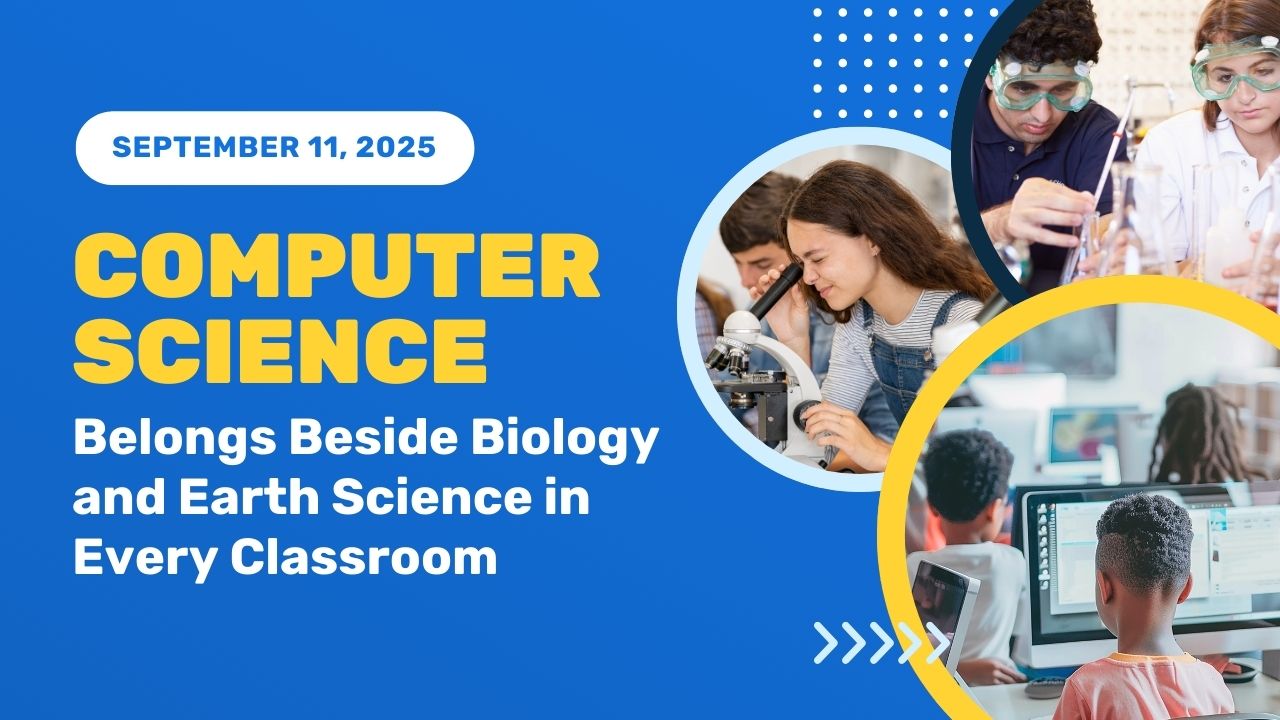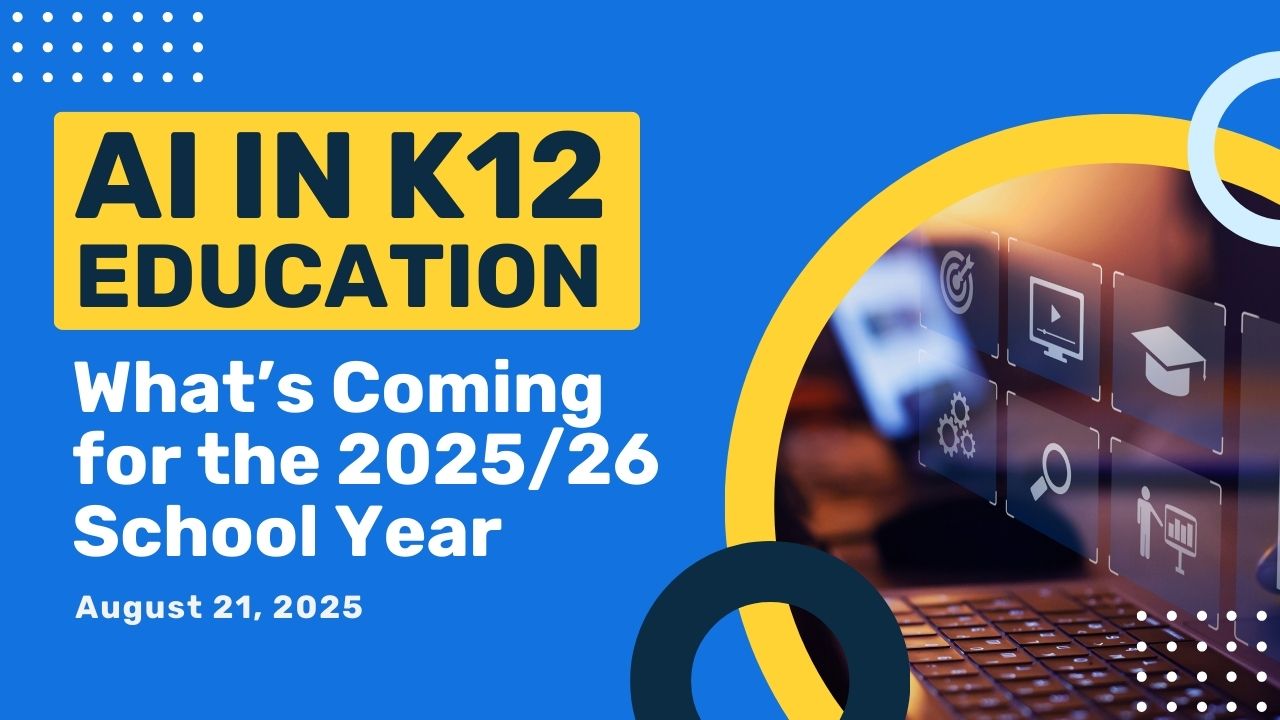#4 Communication

Subskills: Presentation, Listening, Persuasion, & Writing
Communication is key! No matter the field, company, or discipline, students need to be able to convey ideas and information clearly and effectively.
Even if someone is the most skilled worker on Earth, if they can't communicate, their skills will be undervalued.
Communication isn't one-sided, either. Employers look to hire good-listeners, who will readily receive feedback, understand tasks, and respond to questions comprehensively.
#3 Problem Solving

Subskills: Critical Thinking, Adaptability, Research, & Creativity
Employers look for self-starters. They don’t want to hire someone that won’t take initiative to come up with solutions!
When they enter the workforce, students should be well-equipped to reason through challenges and develop informed and innovative solutions.
It’s also important to encourage adaptability. A student prepared to be open-minded and resilient will be highly valued in the professional world.
#2 Time Management

Subskills: Organization, Prioritization, Delegation, & Multitasking
Professional environments are fast-paced. It’s necessary that students understand how to use their time wisely. Scheduling and multitasking abilities are paramount.
In the workplace, it might not always be feasible to get every task done on time. Foster an understanding of the difference between need-to-haves and nice-to-haves in the classroom.
Employers love workers that can set their own priorities and manage themselves. They will assume people with this soft skill are more likely to complete their work! In the case that a task isn’t completed, employers will still be confident that the employee completed more important tasks first.
#1 Emotional Intelligence

Subskills: Handling Negative Emotions, Recognizing Tone & Body Language, Seeking Out & Using Feedback
Above all else, employers want workers that work well with others. It is imperative that students actively develop their understanding of both themselves and others. Social Emotional Learning (SEL) skills are more important than ever.
Life is bound to throw everyone curveballs. Being prepared to healthily process the emotions caused by those moments will make students unstoppable in their careers. Being able to recognize those emotions in others will foster healthy work environments and benefit everyone involved.
Students should also learn to be proficient at both receiving and applying constructive feedback. A perfect worker may be golden, but a worker intent on continual improvement is invaluable.
How can you ensure these soft skills are being developed?
Choose activities, lessons, and curriculum that teach soft skills! Framing a variety of subjects with collaboration, time management, problem solving, and SEL skill development will make your students more successful in their futures.













.webp)

